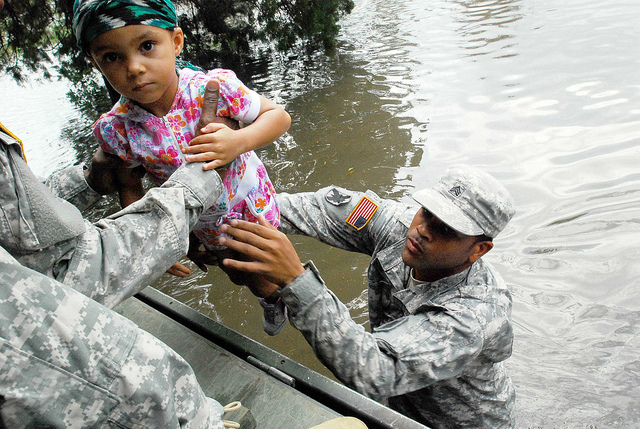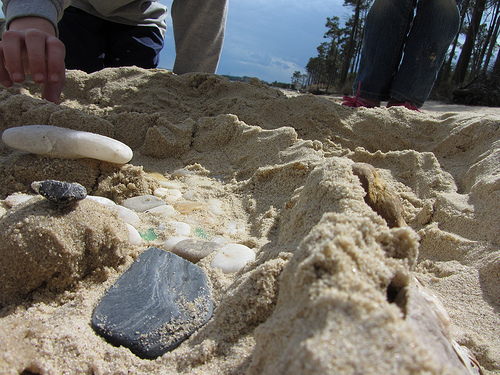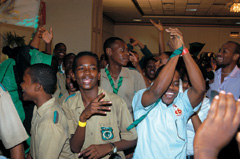Four Things Your Child Needs from You When a Natural Disaster Strikes
By Deanna Hurn, Founder and Executive Director of Miracle Math Coaching

The images are disturbing: Rescue workers digging through the rubble of collapsed buildings, neighborhoods destroyed by hurricane winds and massive flooding and the faces of parents and children in shock because they’ve lost everything.
Many of us shield our children from too much television, especially from disturbing news stories. But no amount of screen policing could’ve completely shut out the barrage of coverage of the earthquakes in Mexico and the hurricanes in Texas, Florida and Puerto Rico.
As overwhelming as such coverage is for adults, it can be especially distressing to children. Allaying their fears while being realistic about the chances of disaster striking is complicated. Here are four things you can provide that will help:
Reassurance
Of course, hugs and cuddling will make your children feel better in the moment. Nurturing through physical contact is instinctive to parenting. But you can’t sugar coat the possibility of a disaster. Scientists predict that a massive earthquake will, in fact, hit Northern California. The cliché is true: It’s a matter of “if,” not “when.” Although you can’t assure kids nothing bad will ever happen, you can assure them that you will do everything in your power to keep them safe. Fred Rogers, the iconic children’s television star, often cited a British study that found: “The most immediate and urgent concerns” of young children “have more to do with the consistency of close relationships than with events — no matter how ‘traumatizing’ adults may believe those events to be.”
A Plan
Your first action in making sure your kids will be safe is coming up with a plan. Figure out together, as a family, what to do when the inevitable happens. The American Red Cross provides a comprehensive template. And let your child help you assemble an emergency preparedness kit – from shopping for the items to packing them in a container or box. Being involved in preparation gives them some control over an uncontrollable future event. The Federal Emergency Management Agency offers a list for parents and for children of what to include in an emergency kit.
Discussion
Reassurance and preparation will only go so far if your children can’t stop ruminating on “what if” scenarios. Their fears might not be rational, but they are real. As with adults, allowing your child to talk about how they’re feeling can help. Let them know it’s okay to voice their worries. And listen to them, rather than interrupt with logic and reason. Definitely, reassure them, but also respect their feelings. If your child continues to exhibit anxiety and stress, seek professional help. Ask your pediatrician to recommend a licensed therapist who specializes in working with children.
Media Disconnection
Be even more vigilant about restricting all media, not just television. Thanks to technology, you can limit the websites your children visit or the apps they download. No, you don’t have complete control when they’re visiting their friends. But you can ask their friends’ parents to support your “disturbing news” ban. It doesn’t hurt to ask.
As parents, we want to make sure that our children grow up feeling loved, nurtured and safe. I hope this information helps you in that endeavor.
* * * * *
If you’d like to see where your child stands academically, please contact us for a FREE Learning Discovery Evaluation. Regardless of how your student is doing, we can help him or her do better. Click here to sign up now. Miracle Math Coaching is an award-winning, student-focused service with a track record of boosting academic achievement.







